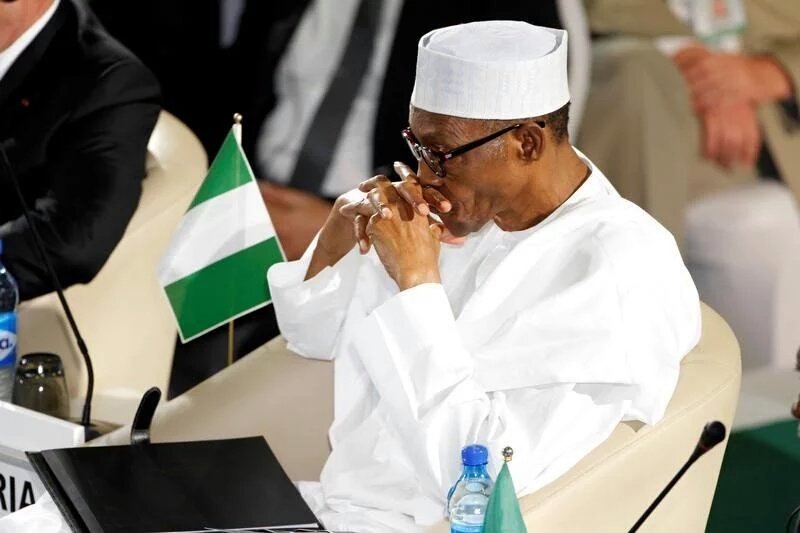There are emerging fears that the report the National Judicial Council (NJC) sent to President Muhammadu Buhari on the Counsel’s findings on allegations against the Chief Justice of Nigeria (CJN), Justice Walter Onnoghen, who is standing suspension from office on the order of the President, may not favour the embattled CJN being prosecuted at the Code of Conduct Tribunal (CCT) over non-assets declaration and operation of domiciliary account. The fears are not unconnected with the secrecy of the content the Council communicated to the President. Some stakeholders were of the report that the report is a public matter and ought not to be in secrecy of the arms of government.
Secondly, there were concerns for the peculiarity of interest of stakeholders from the Presidency to the Judiciary on the Onnoghen saga.
Thirdly, the membership of the investigation panel the NJC constituted to look into allegations against the suspended CJN and the acting CJN, Justice Tanko Mohammed, raised skepticism over suspected direct or indirect affiliation of some of the members to the president.
Sources from the apex court alleged that since the suspension of CJN Onnoghen by President Buhari from office, there have been executive pressures to ease the CJN out of the judiciary. The sources noted that the pressures placed members of the NJC in the dilemma of protecting the autonomy and sanctity of the judiciary or protecting the president from public opprobrium in his action of suspending the CJJN.
The sources further said that many consider it demeaning for the action of the President to be reversed, and ensuring the reinstatement of the suspended CJN; a situation they feel will attract public ignominy.
On the other divide, resisting the executive, they observed, will preserve the integrity and independence of the judiciary; thus, consolidating the judiciary as an arm of government that is distinct in Nigeria’s presidential system.
The sources, however, disclosed that the executive has not been applying force to get his way on the Onnoghen issue, having realized the constitutional flaws in the suspension of the CJN and appointment of an acting CJN, Justice Tanko Mohamed, by fiat without resource to the prescriptions of the constitution. The executive was said to be conscious of the initial flaws of boycotting the Senate, the NJC in the unilateral suspension of CJN Onnoghen and appointment of acting CJN Mohammed which generated controversies both in the bench and the bar, stimulating NJC intervention.
Invariably, the executive was alleged to have adopted seeming inducement and subtle lobby to prevent the upturning of the President’s actions in the Onnoghen saga. The awareness was created that the final removal of Onnoghen will open opportunities for promotions in the top hierarchy of the judiciary.
The NJC had on Wednesday announced that it had concluded investigation on the petitions written against the suspended Chief Justice of Nigeria, Justice Walter Onnoghen, and the Acting CJN, Justice Tanko Muhammad.
the NJC Director of Information, Soji Oye, in a statement had revealed that the Council had sent its report to President Buhari.
The Council noted that it considered it inappropriate to share the report with the public before Buhari receives it.
NJC indicated that it did not investigate the petition against Onnoghen on allegations of non-assets declaration and operation of domiciliary accounts; explaining that it will be prejudice since it was the subject matter of ongoing trial at the Code of Conduct Tribunal.

 Business1 week ago
Business1 week ago
 Football23 hours ago
Football23 hours ago
 Business7 days ago
Business7 days ago
 Education7 days ago
Education7 days ago
 Crime1 week ago
Crime1 week ago
 Covid-197 days ago
Covid-197 days ago
 Business1 week ago
Business1 week ago
 Latest5 days ago
Latest5 days ago

